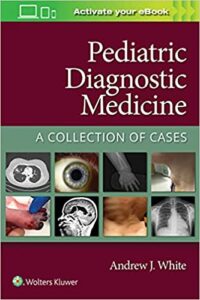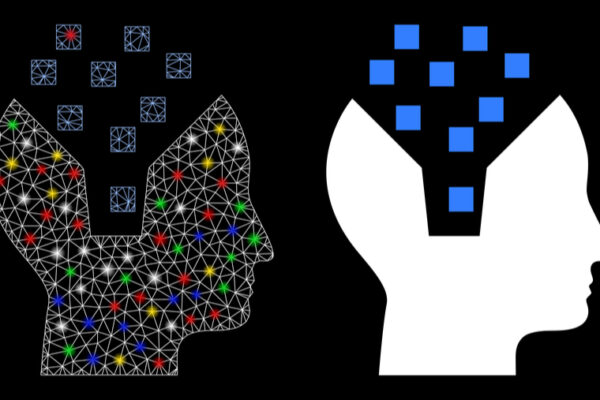Ssewamala receives $3.2M to address HIV stigma among Ugandan teens
Fred Ssewamala, the William E. Gordon Distinguished Professor at the Brown School, has received a grant to study the impact of a multilevel intervention to reduce HIV stigma and improve treatment outcomes among adolescents in Uganda.
Farnsworth honored for excellence in clinical chemistry research
Christopher Farnsworth, assistant professor of pathology and immunology at Washington University School of Medicine, has received the 2021 George Grannis Award for Excellence in Research and Scientific Publication from the American Association for Clinical Chemistry.
Pediatric Diagnostic Medicine
A Collection of Cases
Using a practical, case-based presentation, Pediatric Diagnostic Medicine helps you develop diagnostic skills, gain further knowledge through interesting cases, and improve critical thinking to reach a correct diagnosis. Dr. Andrew J. White, vice chair of education and director of the residency program at Washington University in St. Louis, presents dozens of real-world cases highlighted by full-color photographs. This unique case collection is an invaluable resource for pediatricians, […]
Garcia receives NIH grants
Benjamin Garcia, head of biochemistry and molecular biophysics at the School of Medicine, along with Matthew D. Weitzman, professor at the University of Pennsylvania, received a five-year $2.9 million renewal grant from the National Institute of Allergy and Infectious Diseases of the National Institutes of Health (NIH) for their research on epitranscriptomic mechanisms.
Radiation therapy reprograms heart muscle cells to younger state
Radiation therapy for ventricular tachycardia — a life-threatening irregular heart rhythm — appears to work by reverting heart muscle cells to a younger state, reducing the irregular rhythms, according to a new study from Washington University School of Medicine.
McDonnell Foundation awards Roediger $750,000 for memory research
Henry “Roddy” Roediger and James Wertsch, both in Arts & Sciences, will use a grant from the James S. McDonnell Foundation to encourage the interdisciplinary study of collective memory.
Global Incubator Seed Grants awarded
A new round of recently awarded Global Incubator Seed Grants from the McDonnell International Scholars Academy will help kick-start more than a dozen high-impact, innovative projects taking place on five continents.
Bolton receives cancer research foundation award
Kelly L. Bolton, MD, PhD, assistant professor of medicine at the School of Medicine, is one of six early-career physician-scientists to receive the 2021 Damon Runyon Clinical Investigator award from the Damon Runyon Cancer Research Foundation.
Deadly virus’s pathway to infect cells identified
Researchers at Washington University School of Medicine and the University of Pittsburgh have discovered how Rift Valley fever virus enters cells, pointing the way to new therapies to treat the deadly disease.
Time until dementia symptoms appear can be estimated via brain scan
Researchers at Washington University School of Medicine have developed an approach to estimating when a person who is likely to develop Alzheimer’s disease, but has no cognitive symptoms, will start showing signs of Alzheimer’s dementia.
Older Stories








